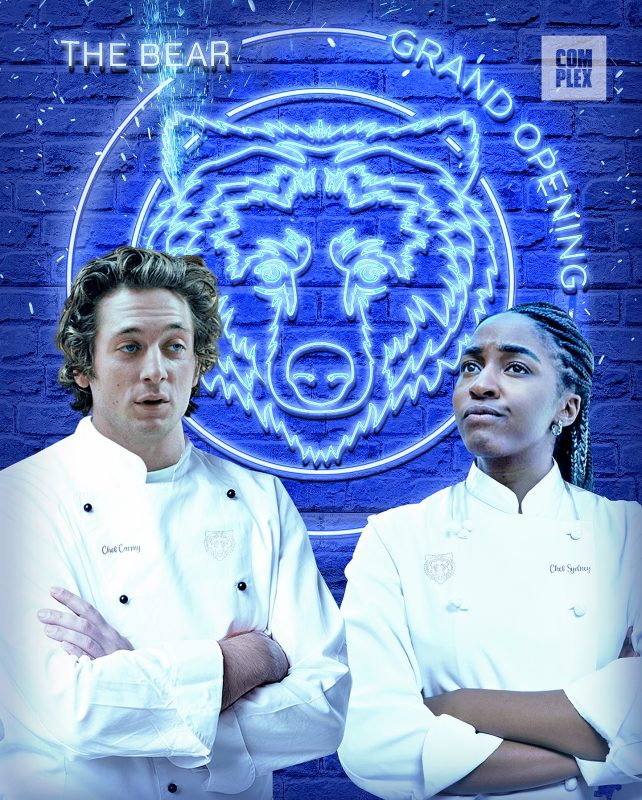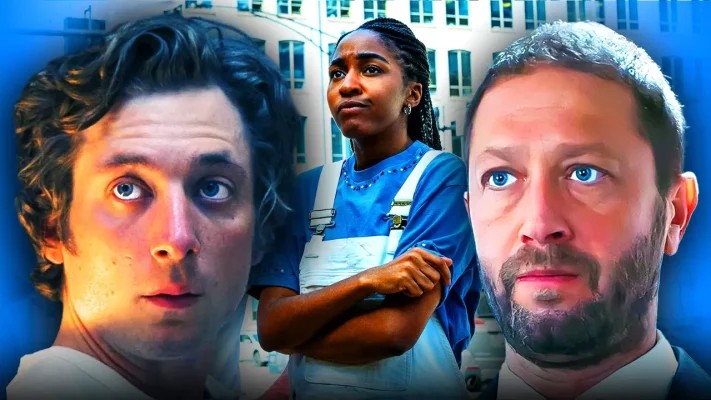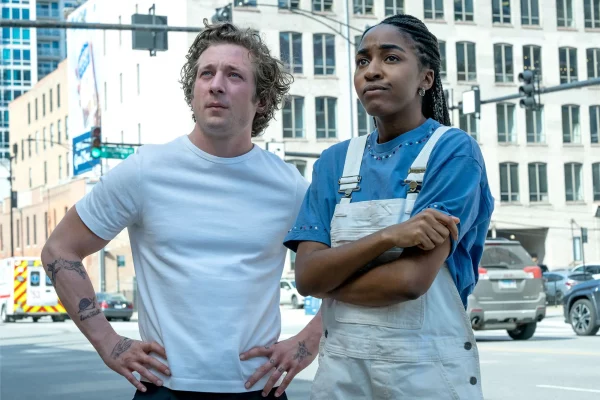none
The Bear Season Three Review: A Rollercoaster of Emotions and Expectations
In the realm of television, few shows manage to balance the delicate act of drama and dark humor as effectively as The Bear. Known for its gripping narratives and intense character dynamics, the series has garnered both critical acclaim and a dedicated fanbase over its previous seasons. However, with the arrival of its third installment, the show finds itself at a crossroads, navigating high expectations and the pitfalls of continuity.
The Bear began its journey with Carmen Berzatto, a troubled chef, returning to The Beef, his late brother’s sandwich shop in Chicago. Through seasons one and two, viewers witnessed Carmen’s tumultuous journey through the culinary world, as his ambitions clashed with personal relationships. Season two, in particular, was hailed for its inventive storytelling and emotional depth, setting a high bar for what was to come.
Season three picks up with Carmen on the brink of realizing his dream—opening his own upscale restaurant, The Bear. However, achieving this ambition comes at a cost: strained relationships and personal sacrifices. The narrative arc, which promised to delve deeper into Carmen’s professional ascent, instead stumbles in its execution. The season feels disjointed, as if only half of a larger story is being told. This disjointedness is exacerbated by the decision to film seasons three and four back-to-back, leaving some episodes feeling incomplete.
Central to The Bear is its exploration of human frailty and the price of ambition. Carmen’s relentless pursuit of culinary greatness is mirrored by the unraveling of his personal life, a theme that resonates throughout the series. Yet, in season three, this thematic coherence falters. The introduction of subplots like the Fak family‘s comedic interludes, while intended to lighten the mood, instead detract from the show’s darker, more introspective core.
Critics have noted that despite its label in the “comedy” category at awards shows, The Bear is far from a traditional comedy. It grapples with themes of mortality and despair, often juxtaposed against the frenetic energy of a bustling kitchen. This tonal complexity is both a strength and a challenge for the series, as it attempts to balance moments of levity with profound emotional weight.
One of the season’s highlights is the episode “Napkins,” directed by Ayo Edebiri, which delves into the backstory of Tina, a pivotal character in Carmen’s world. This episode, along with “Ice Chips,” which centers on Nat’s poignant journey through childbirth, showcases the show’s ability to craft deeply moving narratives amidst chaos and conflict.
However, amidst these poignant moments, The Bear struggles to maintain narrative momentum. Characters like Sydney, portrayed by Ayo Edebiri, are sidelined, depriving the season of their potential contributions to the overarching story. This sidelining reflects a broader issue with season three—moments of brilliance overshadowed by narrative inertia.
In conclusion, The Bear remains a compelling watch, albeit one fraught with frustrations. Its ability to provoke both laughter and tears is a testament to its storytelling prowess, yet season three falls short of its predecessors’ brilliance. As the series continues to navigate its complex characters and their intertwining fates, viewers are left hopeful for a return to form in subsequent installments.
For fans of intense drama and nuanced character studies, The Bear still offers glimpses of its former glory. Despite its flaws, there is a lingering affection for the show’s ability to capture the essence of human struggle in the most unexpected of places—a kitchen, fraught with ambition and heartache.
In its third season, The Bear may stumble, but its spirit remains undiminished—a testament to the enduring power of compelling storytelling in television today.

Stay connected with Growkoc for more updates. Share your favorite memories and moments in the comments below!



